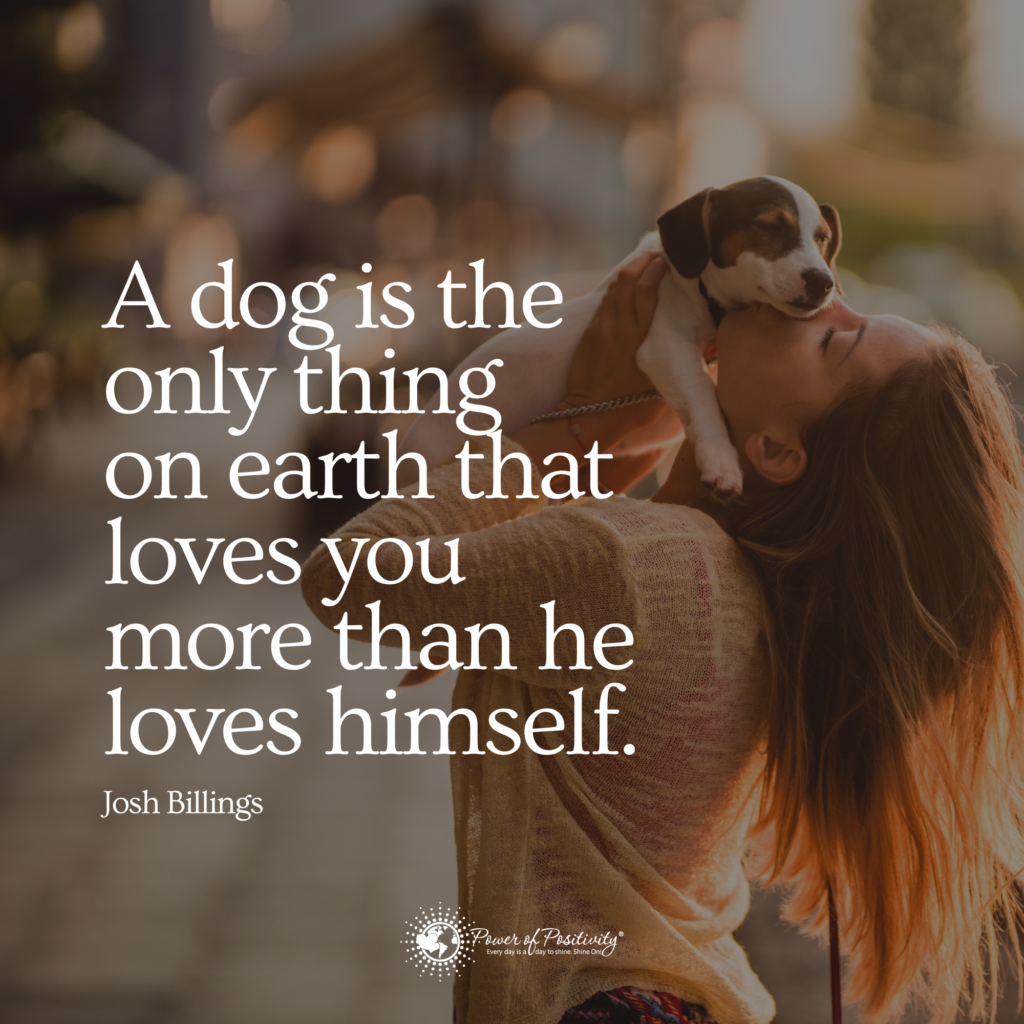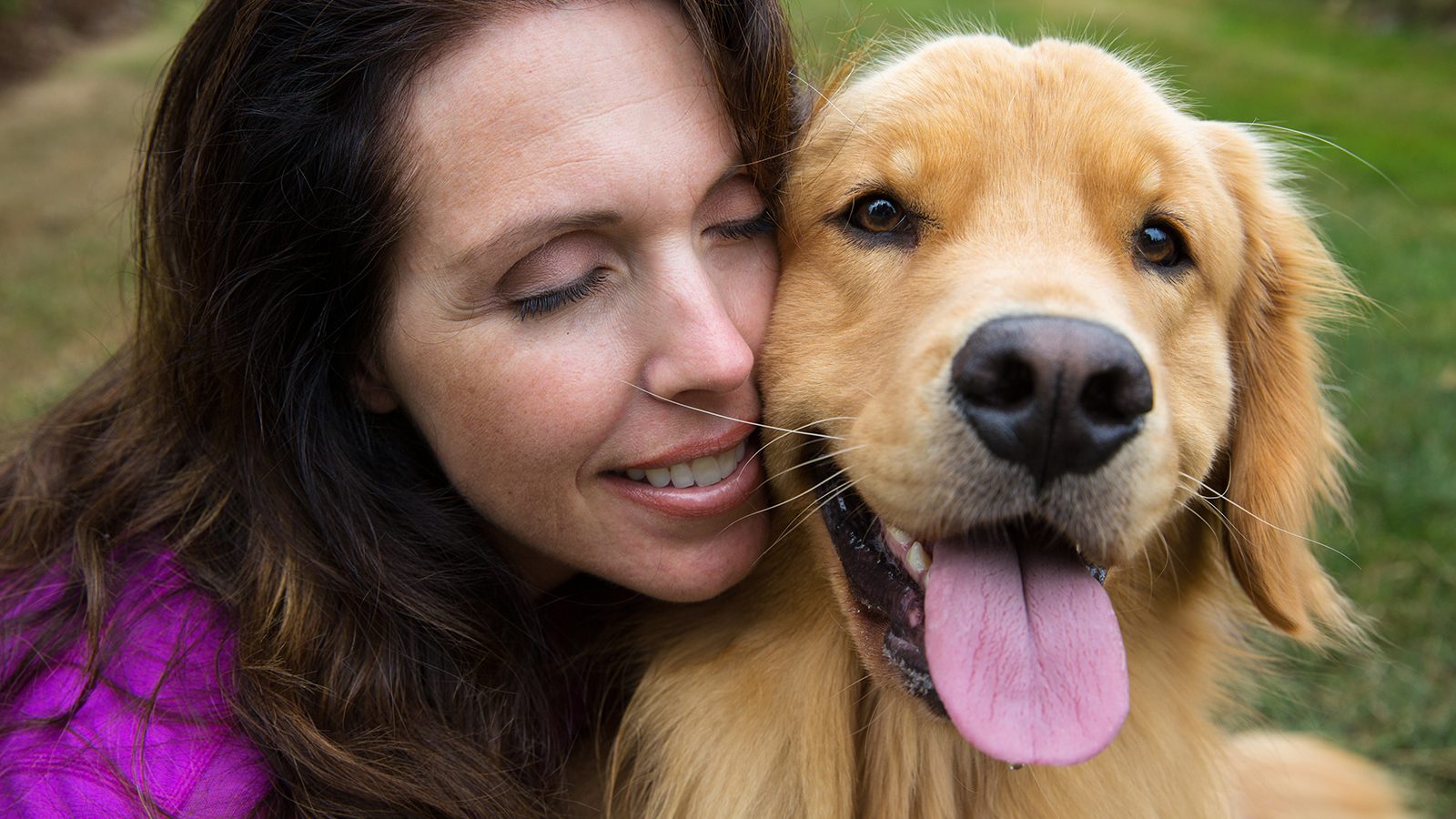Here’s why our canine companions melt our hearts.
Dogs are not just pets to many around the world. Instead, they are family members, confidants, and sources of unconditional love. This profound connection between humans and canines transcends cultures and history, hinting at a deeper psychological tapestry that binds our species together. But what about these four-legged friends that completely capture our hearts and minds when we can’t be there for them? That’s where reliable dog boarding solutions come into play, ensuring that our beloved companions receive the best care even in our absence.
Today, we will examine the fascinating insights from psychologists and researchers studying this unique bond. From the evolutionary trails that intertwined our destinies to the hormonal dances that occur during our playful interactions, a wealth of scientific understanding is waiting to be uncovered. We will explore how dogs offer more than just companionship; they provide emotional support, aid our mental health, and contribute significantly to our social and community lives.
The Deep-Rooted Bond: Tracing the Evolutionary History of the Human-Dog Relationship
The bond between human beings and their canine companions is not just a product of modern life but a complex relationship that has evolved for thousands of years. Let’s look at the evolutionary journey that has led to the deep emotional connection we share with our canine companions today.

The Evolutionary Advantage
The relationship between humans and dogs dates back at least 15,000 years, as evidenced by archaeological findings. This bond likely began with mutual benefits: early dogs, descended from wolves, were attracted to human camps for food, while humans benefited from the wolves’ hunting skills and alertness to danger.
Over time, the friendlier wolves, less fearful of humans, naturally moved closer to human settlements. That led to a co-evolution process where both species adapted to live symbiotically, with dogs evolving from their wolf ancestors to become more attuned to human behavior and communication.
This early cooperation between humans and dogs had a significant psychological impact. It created a bond, a sense of companionship, and trust that helped the survival of both species.
Dogs soon became part of human societies, playing roles in hunting, protection, and later, companionship. This integration into human life further solidified the emotional bond.
The Chemistry of Connection: Oxytocin’s Role in the Human-Dog Bond
Oxytocin, the “love hormone,” is crucial in the emotional bond between humans and dogs. This hormone is linked with feelings of love, trust, and social bonding in humans, and interestingly, it has a similar effect in dogs.
Understanding Oxytocin in Humans and Dogs
In humans, oxytocin is released during positive social interactions, such as hugging a loved one. That chemical response is crucial for building trust and social bonds. Similarly, canines also experience increased oxytocin levels during positive interactions with their human companions.
When dogs and their owners interact, both experience a surge in oxytocin levels. This biochemical response is akin to a parent bonding with their child. Need proof? Science.org details a study where both male and female dogs experienced a significant rise in oxytocin levels after spending time looking into their owners’ eyes.
One fascinating aspect of this bond is the role of eye contact. The same applies to dogs and their owners, as humans bond through mutual gaze. When a dog and a human share a loving gaze, it triggers the release of oxytocin in both, reinforcing their emotional connection.
The Healing Presence: How Dogs Enrich Our Emotional Lives
Dogs offer more than just companionship. They provide significant emotional support, helping to reduce the impacts of loneliness, anxiety, and depression. In fact, canine companions are increasingly used in therapeutic settings to assist individuals coping with mental health issues. Their presence can help create calm and security, facilitating the therapeutic process.
Reducing Loneliness and Anxiety
Dogs can uniquely reduce feelings of loneliness and anxiety in their owners. Their constant presence and unconditional love offer comfort and companionship that can be particularly beneficial for individuals living alone or those who struggle with mental health issues.
Enhancing Mood and Well-being
Petting a dog can release endorphins, the body’s natural stress-relievers, improving mood and reducing stress levels. This interaction can have a profound positive impact on overall mental health.
Understanding the Emotional Intelligence of Dogs
Dogs possess a remarkable ability to read and respond to human emotions, making them not just pets but empathetic companions. They excel at interpreting human facial expressions, body language, and changes in tone of voice, allowing them to respond appropriately to their owner’s emotional state. Providing comfort and companionship in times of need, it is no wonder why people love to take Miniature Golden Retriever Puppies home.
These puppies often display behaviors that suggest empathy, such as cuddling up to their owners when they are sad or sharing in their excitement during happy moments.
The responsiveness of dogs to human emotions offers significant emotional support, helping their humans feel loved and cared for. This understanding and response can have therapeutic effects, especially for individuals dealing with depression, anxiety, or stress.
Selfless Bonds: Understanding Canine Altruism
Altruism, typically a human-associated trait, is also observed in our canine companions. Read on to learn about the altruistic behaviors exhibited by dogs and how these actions impact our psychological well-being.
Altruistic Behaviors in Dogs
- Protective Instincts and Sharing: Dogs display protective behaviors towards their owners and other pets, often risking their safety. They also show tendencies to share food and comfort others in distress, indicating a form of altruism.
- Familiarity Matters: One vet suggests that dogs are willing to behave altruistically, especially towards dogs they are familiar with. That canine behavior suggests a complex social understanding.
Psychological Impact on Humans
- Enhancing Human Empathy: Observing altruistic behavior in dogs can enhance our sense of empathy and compassion. It also strengthens the bond of trust and deepens the emotional connection between dogs and their owners. When the time comes to say goodbye, a pet urn can serve as a meaningful way to honor that deep emotional connection.
Paws and People: Better Social Connections
Dogs enrich our personal lives and play a significant role in our social lives and communities.
Dogs often serve as natural conversation starters, helping people to interact more easily and break down social barriers. Dog owners frequently join a wider community of pet lovers, participating in dog-related activities and events.
Waltham Petcare Science Institute notes how pet owners report stronger neighborhoods and social connections than non-pet owners. These findings imply the role of pets in building social ties.
Dogs may also be comforting for individuals who struggle with social interactions, reducing anxiety and facilitating more comfortable social engagement.
Canine Comfort in Healthcare
Dogs can provide comfort and support in various medical settings, showcasing their therapeutic potential. They help promote healing and well-being in hospitals, nursing homes, and other healthcare environments.
Hospital Visits and Elder Care
Therapy dogs are often brought into hospitals to comfort patients, helping reduce stress and anxiety levels. In elder care facilities, canine visitors offer companionship and joy to residents. They often improve the overall mood and outlook of the patients.
Psychological and Physiological Benefits
Multiple studies have proven that canine companionship can help lower blood pressure and lessen stress hormones, like cortisol, providing emotional support that aids recovery.
Animal-Assisted Therapy
NCBI systematically reviewed publications on animal-assisted intervention and its impact on healthcare workers’ psychological health. The research demonstrated the positive effects of animal-assisted therapy in healthcare settings. Thus, it highlights improvement that becomes possible in patient mood and well-being.
Paws and Play
The presence of a companion animal in a child’s life can significantly impact their development. Canine companions may contribute to children’s emotional, social, and cognitive growth.
Emotional and Social Development
- Building Empathy in Children: Caring for a dog teaches children about empathy and compassion as they learn to understand and respond to the pet’s needs. Caring for a pet can instill responsibility in children, teaching them about commitment and routine.
- Cognitive Benefits: Interaction with dogs has been shown to boost cognitive development in children, including language skills and emotional intelligence. A dog can provide security and self-confidence for children with social anxieties or difficulties.
Studies have indicated that children with pets, particularly dogs, show improved social skills and higher self-esteem. Verywell Family discusses a study finding that kids who spend their free time with a family pet develop empathy, responsibility, and better self-esteem.
A Paw to Hold: The Role of Dogs in Helping Humans Cope with Loss and Grief
Dogs share in our joys and stand by us during times of sorrow. Engaging with and caring for a dog can facilitate grief, helping individuals express and process their emotions healthily.
Comfort in Times of Loss
Dogs often provide a non-judgmental, comforting presence during times of emotional distress. They offer a unique form of support that differs from human interaction. Their ability to sense and respond to human emotions makes them ideal companions during difficult times.
The responsibility of taking care of a pet can give a sense of routine and purpose, which is particularly valuable during periods of grief. Regular walks and playtime with a pet can help distract from grief, reduce stress, and promote overall well-being.
The bond between human beings and their canines can be understood through attachment theory, which explains how dogs provide a secure base and a source of comfort in times of distress.

Final Thoughts on the Affectionate Relationship Between Humans and Dogs
Our love for dogs is deeply rooted in evolutionary history and psychological bonding. These loyal, empathetic, intuitive animals share our homes and improve our lives in countless ways. As we continue to learn more about the human-dog bond through ongoing research and studies, one thing remains clear: dogs are and will continue to be, one of humanity’s most cherished companions.





















